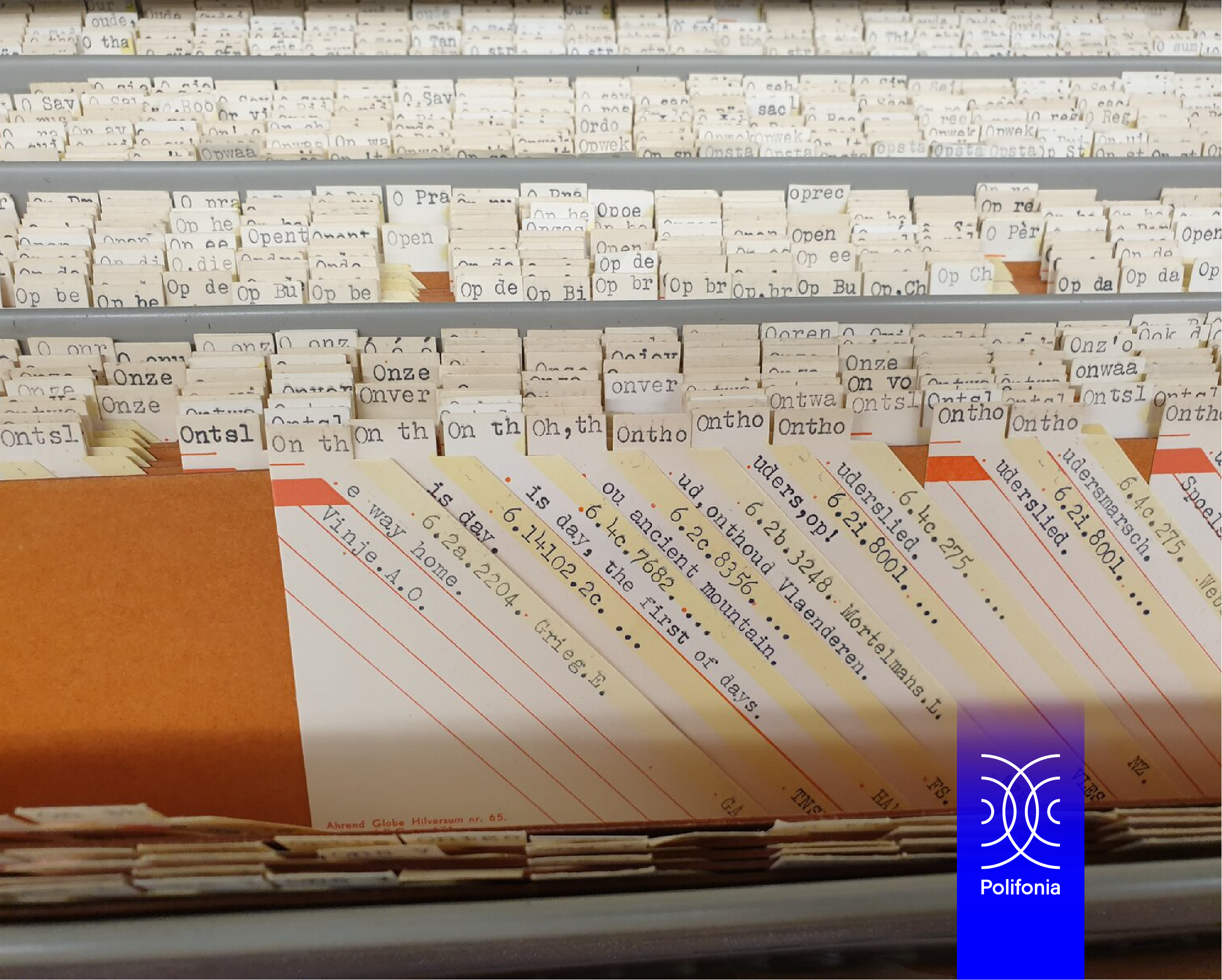Polifonia’s inspiration: Dutch performing arts heritage will be connected in knowledge graph
With great interest Polifonia watches and takes notes on the Dutch initiative by Podiumkunst.net to unite collections of performing arts in a knowledge graph.

Podiumkunst.net is working towards a digital platform in which the Dutch performing arts heritage comes together. The heart of this digital infrastructure is reserved for the Podiumkunst.net knowledge graph. To get a clear image of what this platform needs to offer Podiumkunst.net has interviewed ten organizations from the performing arts field: Stichting Omroep Muziek, Muziekweb, Allard Pierson, Beeld & Geluid, DEN, Netwerk Digitaal Erfgoed (NDE), Digitaal Informatieplatform Podiumkunsten (DIP), Netwerk Archieven Design en Digitale Cultuur (NADD), LIMA and PublicSpaces. Based on discussions with the aforementioned organizations and other stakeholders, architectural principles for the digital platform were formulated. The emphasis of these principles revolve around: connecting collections, structuring and standardizing (meta) data and connecting to existing developments.
The development of a standard for metadata is for Podiumkunst.net first priority. Earlier research showed that the Resource Description and Access Model (RDA) is best suited. The model is flexible, well-documented, designed for connecting library and cultural heritage collections and built by the experienced IFLA. The RDA-model consists of a hierarchy of classes. Properties are assigned to these classes, from a structure of properties and subproperties in which the class hierarchy resounds. Relationships between classes are defined as properties at the starting point of the relationship. From the definition, the end point then becomes clear.
Data coming from collection management systems will be the starting point. This data will then be translated into the RDA-model by means of ‘mapping’. Once the collection is fully mapped with the RDA model, it is published as Linked Open Data (LOD). To complete the colossal job of metadata-ing the performing arts, the Podiumkunst.net pilot starts with the domain of music first. As soon as collection data is connected to the Podiumkunst.net knowledge graph the custodian can place her own collection data on her website and make the relation with other collections visible by using a widget made available by Podiumkunst.net.
The inspiring effort that Podiumkunst.net attempts on a national level is what Polifiona attempts on an international, European level. The lessons learned from the Dutch project will be closely followed by Polifonia.










